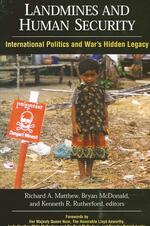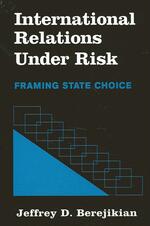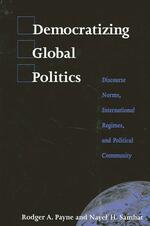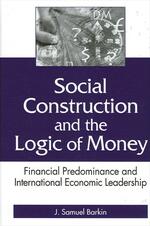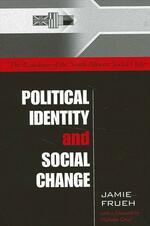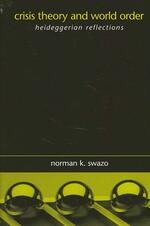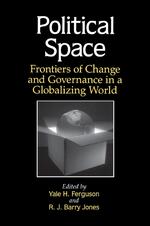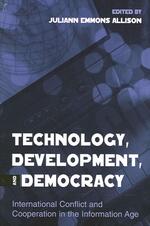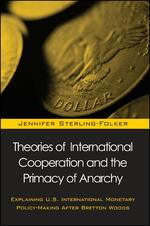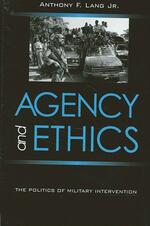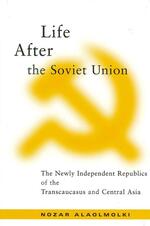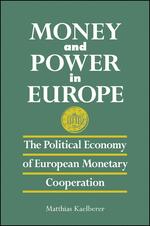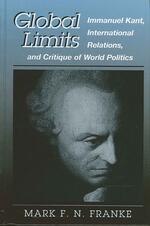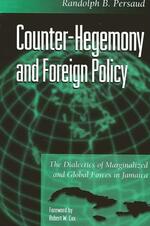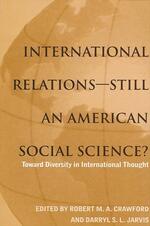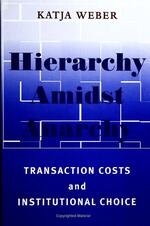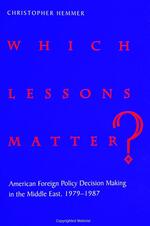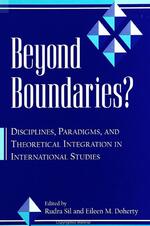SUNY series in Global Politics
Imperialism and Internationalism in the Discipline of International Relations
Essays on the early disciplinary history of international relations.
Landmines and Human Security
Recounts and evaluates the worldwide effort to ban landmines.
Ozone Depletion and Climate Change
A path-breaking look at the international response to ozone depletion and climate change.
International Relations under Risk
Argues that international relations ought to be anchored in realistic models of human decision making.
Democratizing Global Politics
Argues that international institutions are becoming increasingly democratized.
What Moves Man
A critical look at the image of human nature that underlies the realist theory of international relations.
Social Construction and the Logic of Money
Examines the nature of international economic leadership since the seventeenth century.
Political Identity and Social Change
Explores issues of political identity and the social changes that ended apartheid in South Africa.
Crisis Theory and World Order
Uses Heidegger’s philosophy to critique and remedy “world order thinking” in international politics.
Political Space
Applies the concept of space to international relations to arrive at novel interpretations.
Debating the Global Financial Architecture
Looks at alternatives to international financial institutions such as the IMF and World Bank.
Technology, Development, and Democracy
The impact of internet technologies on international politics.
The Arab-Israeli Conflict Transformed
Makes the perhaps surprising argument that in the last quarter of the twentieth century the Arab-Israeli conflict has been winding down.
Theories of International Cooperation and the Primacy of Anarchy
Argues the state and not markets should be the center of analysis when attempting to explain international cooperation.
Information Technologies and Global Politics
Examines how information technologies may be shifting power and authority away from the state.
Agency and Ethics
Explains why military interventions with humanitarian goals consistently fail.
Life After the Soviet Union
Examines the political, social, and economic issues confronted by each of the newly independent republics in the Transcaucasus and Central Asian regions.
Why Movements Matter
Details the West German peace movement's impact on German, U. S., and NATO politics and security dynamics in the 1980s.
Money and Power in Europe
Traces the history of European monetary negotiations from the 1960s to the 1990s.
Global Limits
Explores the limits of Kantian approaches to the study of international affairs.
Counter-Hegemony and Foreign Policy
Argues that marginalized states and peoples are capable of initiating their own foreign policy agendas.
International Relations--Still an American Social Science?
Challenges the parochialism and "Americanization" of the field of International Relations.
Hierarchy amidst Anarchy
Analyzes the underlying basis for state participation in cooperative international structures.
Which Lessons Matter?
Christopher Hemmer offers a model for how U. S. decision makers use the lessons of history to diagnose and make policy choices.
Beyond Boundaries?
Presents a constructively critical reappraisal of the boundaries that define the social scientific analysis of international life.

